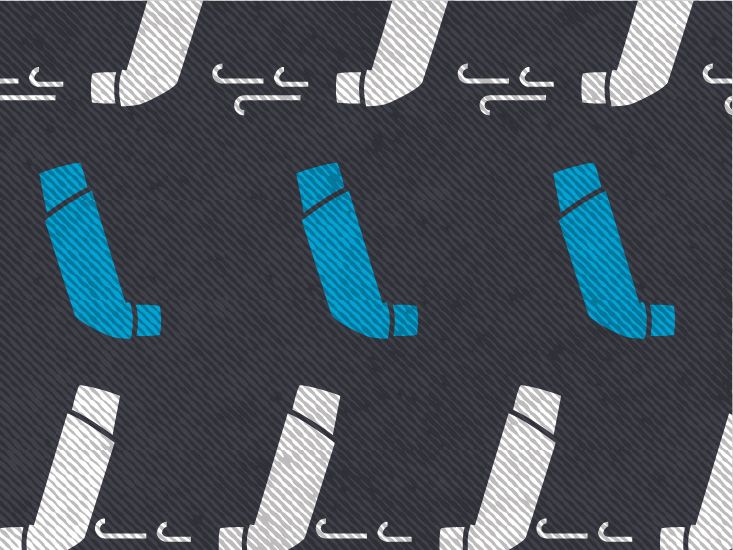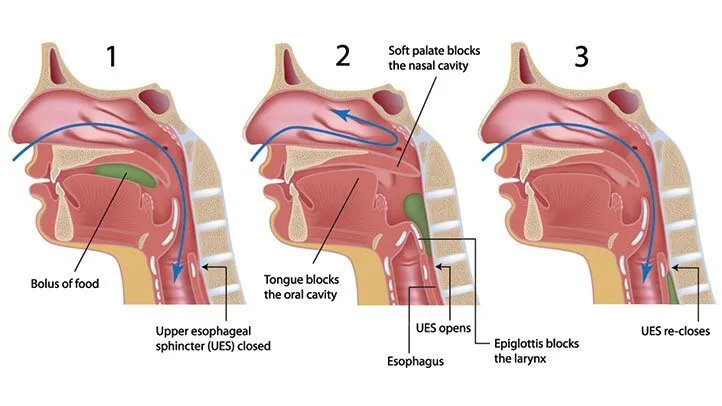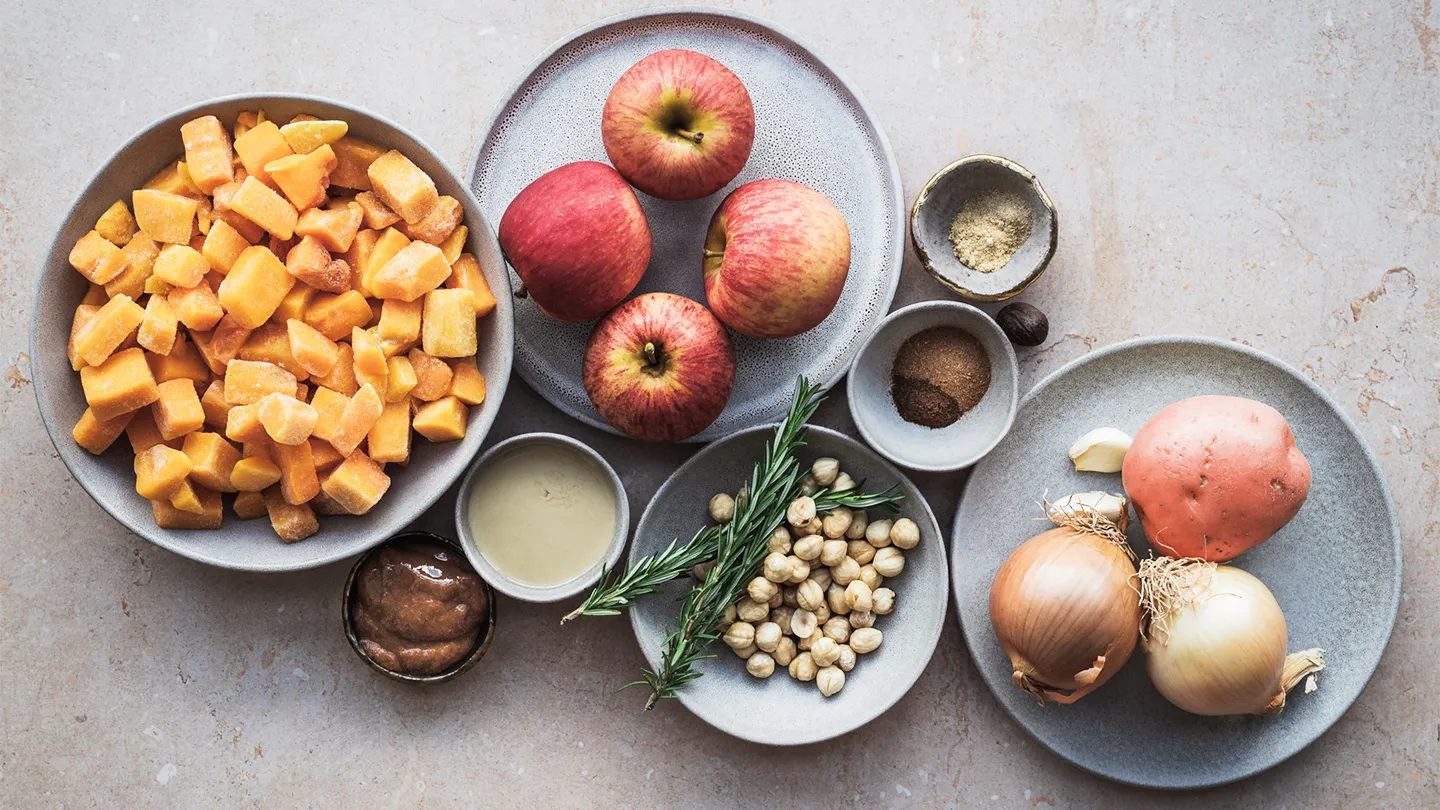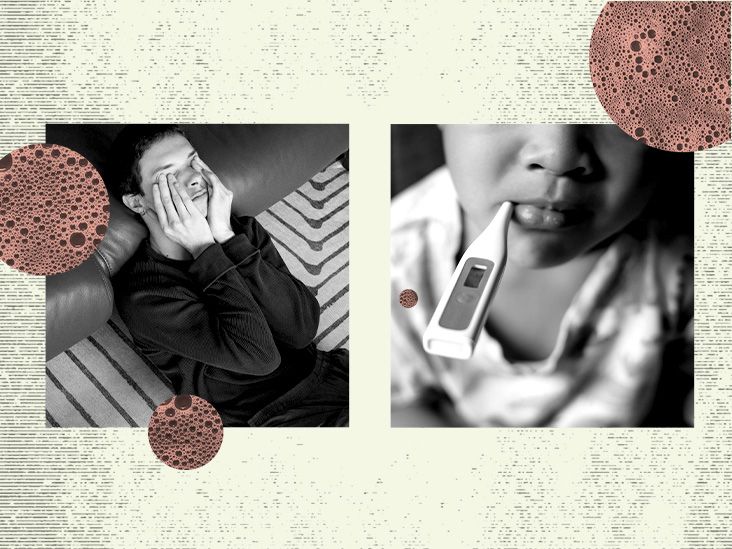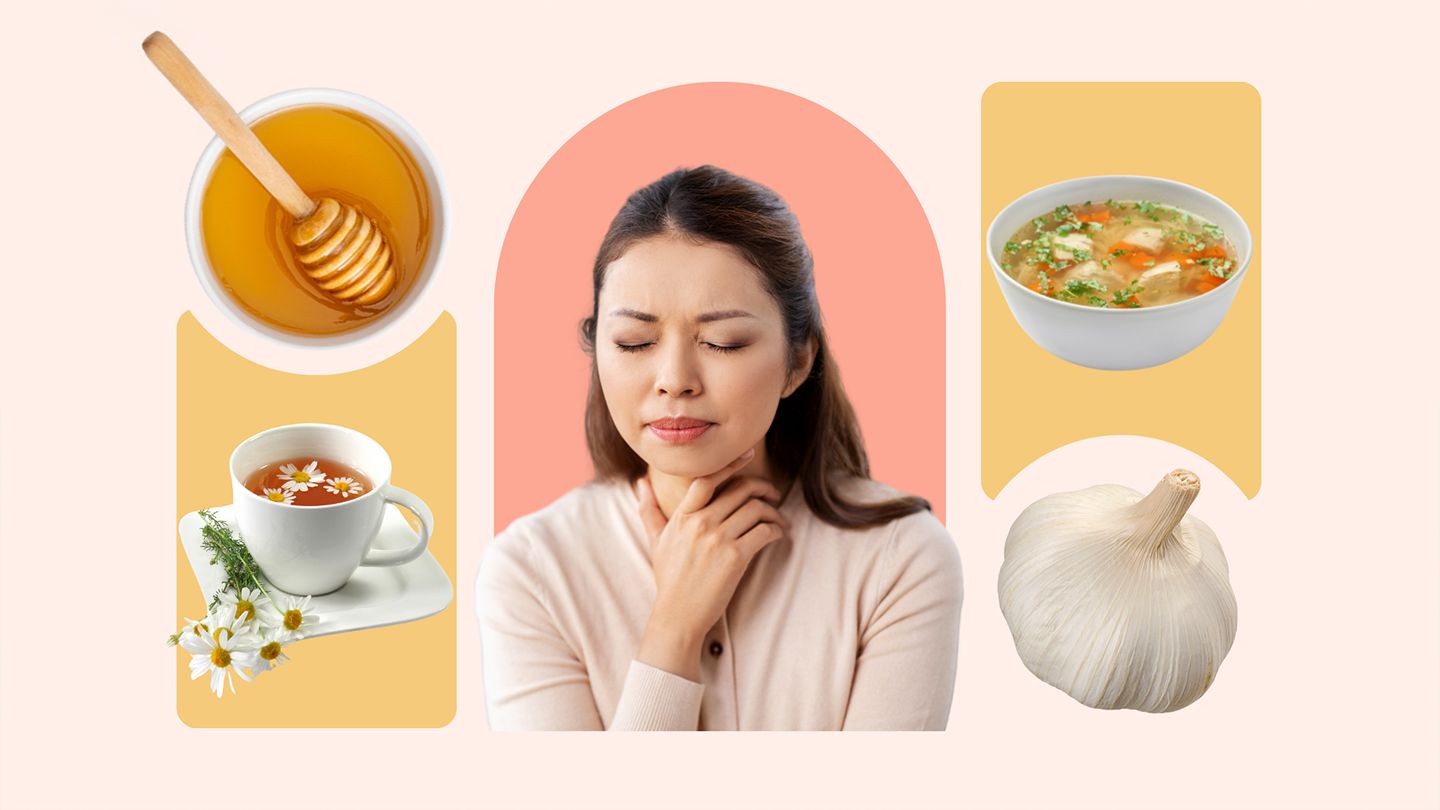The Sweet Relief of Honey for Coughs
Coughing fits can disrupt your day and keep you up all night. When a bad cough strikes, you want fast acting relief to ease your symptoms. One of the most convenient and effective solutions may already be in your pantry: honey. This sweet nectar has been used for centuries to naturally soothe sore throats and stop coughs in their tracks. Read on to learn why honey works and how keeping a jar on hand can provide a quick stop to coughing.
The Science Behind Honey's Cough Calming Abilities
Long before cough drops and syrups filled pharmacy shelves, honey was the go-to cough remedy. Today, science is shedding light on why this natural food is so effective. Researchers have found that honey has antimicrobial, antioxidant, and anti-inflammatory properties. It can coat and soothe an irritated throat while fighting infection and quelling inflammation, key drivers of coughing.
Studies have shown that honey may work even better than commercial cough medicines. Children ages 2-18 with coughs found greater relief taking small doses of honey instead of dextromethorphan, a common over-the-counter cough suppressant. The honey also allowed the children to sleep better and their parents rating their symptoms as less severe.
Honey Outperforms Corn Syrup and Placebos
Research backs up what generations have known - honey beats out placebos and works as well or better than commercial cough products. One study compared honey to corn syrup and a placebo made of artificial honey flavoring. The real honey consistently scored better at reducing nighttime coughs and allowing restful sleep in children with upper respiratory infections. The kids taking honey also reported less bothersome symptoms the next day.
In a review of several studies on honey for coughs, researchers found conclusively that honey reduces both daytime and nighttime coughing. That's good news when coughing fits disrupt work, school, or precious shut eye. The evidence was strongest in the context of upper respiratory infections like the common cold. So when a seasonal bug hits your household, be sure to have honey waiting in your medicine cabinet.
Not All Honey is Created Equal: Manuka Honey Shines
While most honeys have some antibacterial activity, manuka honey from New Zealand and Australia really shines. This type of honey, made from the nectar of the manuka tree, has extra powerful antibacterial, anti-inflammatory, and wound healing benefits.
Clinical trials have shown that manuka honey with a high antibacterial activity rating is effective against common throat bacteria like streptococcus. It also stimulates the immune system and soothes inflammation. Unlike other honeys, its potency comes from methylglyoxal, a compound found in most types of honey only in small amounts. So if you want maximum cough relief from honey, opt for manuka varieties whenever possible.
7 Simple Ways to Use Honey to Stop Coughing
From recipes you can whip up to convenient store-bought options, honey can come to your coughing rescue day or night. Give these simple strategies a try the next time cough symptoms strike:
1. Swallow a Spoonful Straight
For the quickest relief, take a spoonful of honey straight whenever coughing hits. Allow it to coat and soothe your throat while you let the honey work its magic. Keep a jar handy by your bed or couch so its always within reach during coughing fits.
2. Stir into Tea, Warm Milk, or Lemonade
Soothing beverages like herbal tea, warm milk, and lemonade go down even easier with a drizzle of honey. The honey adds soothing relief while the warm liquid provides extra comfort. You can also add honey to cold fruit juice if you prefer a chilled drink.
3. Mix with Soothing Herbs and Spices
For an extra therapeutic beverage, combine honey with other natural cough relievers. Try adding a dash of cinnamon, ginger, turmeric, or black pepper. These spices have anti-inflammatory properties to multiply the benefits. Slowly sipping a honey drink filled with these herbs lets the mixture coat and calm your throat.
4. Whip up a Honey and Apple Cider Vinegar Drink
This dynamic duo mixes the bacteria-busting power of apple cider vinegar with honeys soothing relief. Simply add one to two teaspoons each of vinegar and honey to a mug of warm water. You can adjust the ration to suit your taste buds. Sip this simple potion through the day to ease coughing and hydration your throat.
5. Create a Soothing Honey Throat Lozenge
For longer lasting relief, freeze honey into a soothing lozenge. Simply coat the bottom of an ice cube tray with honey and insert craft sticks. You can also add healing herbs like sage or slippery elm powder before freezing for extra power. Let them set in the freezer, then enjoy these DIY cough drops as needed, letting them slowly dissolve in your mouth.
6. Buy Ready-Made Honey Lozenges and Cough Drops
You can also conveniently purchase cough drops containing honey and other natural ingredients like menthol, herbs, lemon, and eucalyptus. Brands like Zarbees, Ludens, and Halls make honey based sore throat products. Keep a stash in your purse, desk drawer, nightstand, and car so you always have help within reach.
7. Invest in Manuka Honey Products
For medicinal level relief, products made with potent manuka honey can provide stronger soothing and healing benefits. Look for lozenges, spray, syrups and elixirs made from manuka honeys antibacterial rich nectar. Just a teaspoon or two can stop coughs thanks to its methylglyoxal content.
Precautions When Giving Honey to Kids
Honey is an effective cough remedy for both children and adults. However, there are special safety considerations when administering it to babies and young children.
Avoid Giving Honey to Infants Under One Year
Honey should never be given to babies under one year old. Infant digestive systems cannot adequately filter out botulism spores that may be present in honey. This can lead to serious illness. Stick to remedies specifically designed for babies like saline drops and nasal aspirators to manage coughs.
Use Caution Giving Honey to Kids Ages One to Five
Children in the one to five age range may not have fully developed defenses against botulism. While the risk is very low, some pediatricians recommend excising caution when giving honey to young children. Consider alternatives or discuss options with your doctor.
Give Only Pasteurized Honey to Young Kids
Pasteurization exposes honey to heat to kill microbes and neutralize toxins without reducing beneficial properties. This makes it safer for young immune systems. Look for commercially sold honey marked pasteurized" and check that is was heat treated. Artisanal honey sold at farmers markets and natural food stores is typically not pasteurized.
When to See Your Doctor for a Cough
While honey can resolve many minor coughs, more serious or persistent coughs require medical attention. See your doctor if coughs lasts more than two weeks or comes with other concerning symptoms. These include:
- Difficulty breathing
- Wheezing
- Chest pain
- Fever
- Greenish mucus
- Unexplained weight loss
- Coughing up blood
Chronic conditions like asthma, COPD, pneumonia, and bronchitis can underlie bad coughs. Honey products can provide symptom relief while you receive treatment. But always consult your physician when coughs wont go away or signal underlying problems.
Honey Stops Coughs Day or Night
With its sweet taste and soothing abilities, honey remains one of the most widely used natural cough remedies. It provides a convenient, fast acting way to supress coughs and lubricate your throat. Keeping honey handy lets you quickly stop coughing fits whenever they strike. So take a tip from the ages and let honey be your cough remedy of choice.
FAQs
Why is honey an effective cough remedy?
Honey coats and soothes irritated throats. It also has antimicrobial, antioxidant and anti-inflammatory properties to fight infection and reduce swelling and irritation that triggers coughing.
Is manuka honey better than regular honey for coughs?
Yes, manuka honey from New Zealand and Australia has extra potent antibacterial, wound healing, and anti-inflammatory abilities due to its high methylglyoxal content.
Can I give honey to my baby or young child for coughing?
No honey should never be given to infants under 1 year old due to botulism risk. Use caution giving honey to children ages 1-5 and only provide commercially sold, pasteurized honey products.
Disclaimer: This article is for informational purposes only and does not constitute medical advice. Always consult with a healthcare professional before starting any new treatment regimen.
Related Coverage
Get the exact Relenza dosage for flu treatment and prevention, plus form, strength, inhaler use, safety tips, and dosing schedule....
Mucinex and Benadryl can generally be used together for colds but may cause increased drowsiness. Natural remedies like fluids and steam may also provide relief....
Compare Dayquil and Alka Seltzer Plus ingredients, forms, uses, side effects and recommendations to determine which OTC cold medicine is better for your symptoms....
Mucus plays a protective role, and swallowing it is harmless as it gets broken down. But excess mucus or changes in color may indicate lung infections....
Learn where to find recipes for making your own natural sleep aid potions at home using ingredients like chamomile, lavender and valerian root....
Flu-like symptoms can arise from many causes. Learn triggers, how to differentiate the flu, and simple steps to feel better fast....
Do sugar-free cough drops break a fast? Find out whether using lozenges impacts insulin, hunger, digestion and if flexibility around illness is recommended....
Artificial intelligence is radically changing how businesses operate and deliver value to customers in the 2020s, from personalized recommendations to streamlined operations....
An onion honey pot harnesses the medicinal benefits of onion and honey to relieve coughs. Learn how to make this traditional remedy at home....
Coughing puts pressure on the uterus, but doesn't directly cause PROM. However, respiratory infections may increase risks. Learn causes, warning signs, and managing PROM....
